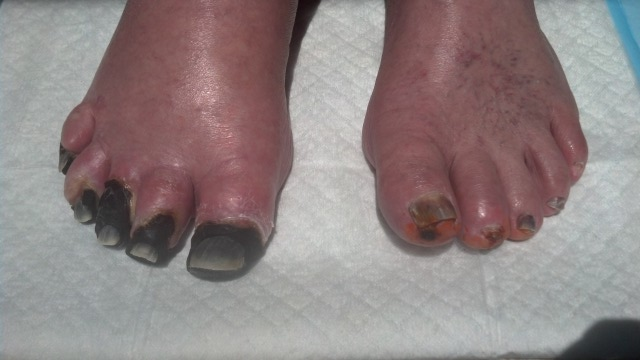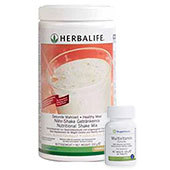Reversals of Age-Related Declines
Question
Is there any credible research that suggests that people can not only slow down signs of aging, but reverse them (that isn't trying to sell a product)? I recall seeing a story on a TV show about an Oxford biologist that claimed that the only reason people age is because their body collects toxins faster than it can get rid of them. I'd like to think that is true than simply our genetics tell us to shut down someday. Maybe there is a lifestyle that is far more involved than the average person would have time for that would ensure that they are removing toxins at least as fast as they are coming in causing a reversal of aging? Or maybe research suggests something medicinal that will make the body behave as it must to detox effiencently?
Dear James,
Since I don't know what toxins the Oxford biologist you've mentioned talked about, let me tell you a few well-established facts about age-reversing possibilities. Should you supply me with more details, I can revise my answer.
A number of changes takes place in the process of of aging even in the absence of diseases. These changes may include declines in various control systems at molecular, cellular and higher levels of organization, decrease sensory functions -- all these resulting in a worse quality of movement, learning, and memory.
A lot of experimental and clinical research showed the pivotal role of the long-term oxidative stress, which is being blamed for such age-related conditions as Parkinson's and Alzheimer's diseases.
If oxidative stress is indeed a major factor in brain aging, than reducing it by antioxidant should retard or reverse age-related declines of functions. Indeed, since 1990s, a growing body of evidence exists that even relatively simple dietary modifications, such as calorie restriction and enrichment of a diet with antioxidant-rish foods (see suggested reading below) would forstall the effects of aging with spinach, interestingly, having the greatest effects.
A study conducted in the Tufts University showed that phytochemicals extracted from in strawberry, spinach, or blueberry fed for 8 weeks to 19-month-old (that's very old!) rats were effective in reversing age-related deficits in several neuronal and behavioral parameters. Such results are numerous. Chronic administration of synthetic scavengers of reactive oxygen species (superoxide dismutase/catalase mimetics) in old mice, from 8 to 11 months, almost completely reversed cognitive deficits and increase in oxidative stress taking place during this time period in brain.
Suggested reading:
Toxic glycolysis and brain aging
http://brainfuels.com/2010/03/toxic-glycolysis-and-brain-aging/
Age protections
http://agelessbrain.com/category/basics/age-protection/
Brain aging
http://agelessbrain.com/category/basics/brain-aging/
Oxidative damage
http://agelessbrain.com/category/brain-metabolism/oxidative-damage/
Neuroprotectors
http://brainfuels.com/category/neuroprotectors/
Sources:
Aging- and oxygen-induced modifications in brain biochemistry and behavior. (1994) Ann NY Acad Sci 738:44-53
Antioxidant capacity of tea and common vegetables. (1996) J Agric Food Chem 44:3426-3431
Reversals of Age-Related Declines in Neuronal Signal Transduction, Cognitive, and Motor Behavioral Deficits with Blueberry, Spinach, or Strawberry Dietary Supplementation. (1999) The Journal of Neuroscience, September 15, 19(18):8114-8121
Reversal of age-related learning deficits and brain oxidative stress in mice with superoxide dismutase/catalase mimetics. (2003) PNAS July 8, vol. 100 no. 14 8526-8531
- Prev:Feeling hungry
- Next:Diet change
Related Articles
-
Weightlosss
QuestionHello! I just was wondering if there was a certain equati
-
Gatorade
QuestionHi! I drink about 60 fluid ounces of gatorade a day. I h
-
gaining weight?
QuestionHello! I am 28 years old, female, lactating, and curren
-
what can I eat?
QuestionWhat can I eat or drink to help reduce the bad cholestero
-
Cheap cheese digestive problems
QuestionDo you know what it is about cheap cheese that causes me
-
Weight gain with hyperthyroid
QuestionQUESTION: Hello. I am 28, female, 52 and 85lbs. I have ne




